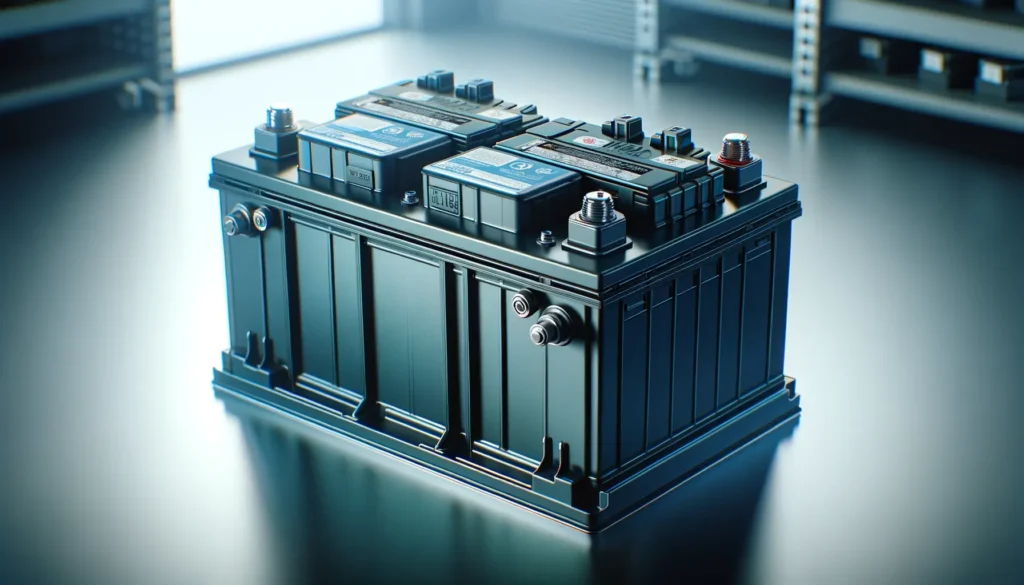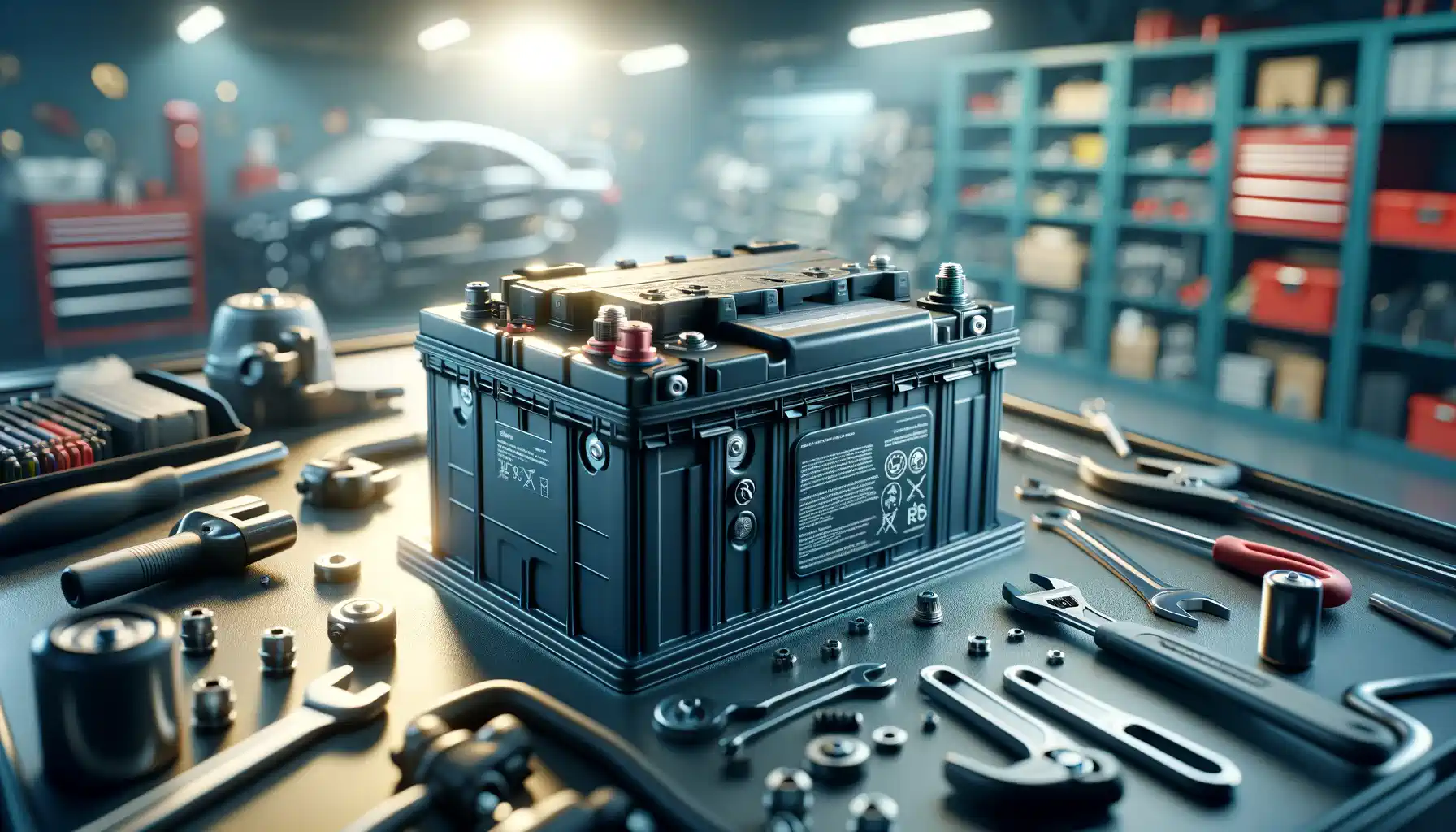The Average Lifespan of Car Battery

A car battery typically lasts between 3 to 5 years, but with attentive care, it can stretch up to 10 years. The lifespan is influenced by factors like climate, driving habits, and maintenance.
In cooler climates, batteries may last longer, whereas in hot environments, they degrade faster. Regular, short drives can prevent the battery from fully charging, shortening its life.
Proper vehicle maintenance, such as ensuring clean and tight connections and regular battery checks, plays a vital role in extending battery health. Being mindful of these aspects can significantly improve your car battery’s longevity and performance.
How many years we can use car battery?
The lifespan of a car battery can vary depending on several factors, including the type of battery, driving conditions, and maintenance. On average, a typical car battery can last anywhere from 3 to 5 years. However, some batteries may last longer, while others may need replacement sooner.
Factors influencing the lifespan of a car battery include:
- Driving Conditions: Frequent short trips and stop-and-go traffic can put more strain on the battery compared to long highway drives.
- Climate: Extreme temperatures, both hot and cold, can affect battery performance. High temperatures can accelerate the chemical reactions in the battery, while cold temperatures can reduce its cranking power.
- Maintenance: Regular maintenance, such as checking and cleaning the terminals, can contribute to a longer battery life. Over time, corrosion on the terminals can affect the battery’s performance.
- Quality of the Battery: The quality and type of battery also play a role. Some advanced batteries, such as AGM (Absorbent Glass Mat) and gel batteries, may have a longer lifespan compared to traditional lead-acid batteries.
- Electrical Accessories: Running numerous electrical accessories while the engine is off can drain the battery and reduce its lifespan.
If you notice signs of a weakening battery, such as slow cranking, dim lights, or difficulty starting the engine, it’s a good idea to have the battery tested. Most auto parts stores or service centers can perform a battery test to determine its condition.
Regularly maintaining your vehicle and being attentive to signs of a failing battery can help you get the most out of its lifespan. When it’s time to replace a car battery, it’s advisable to choose a replacement that meets the specifications recommended by your vehicle’s manufacturer.
Replace Your Car Battery
Determining the right time to replace your car battery is essential for maintaining the overall health and reliability of your vehicle. One significant factor to consider is the age of the battery. Typically, car batteries have a lifespan ranging from 3 to 5 years. If your battery is within or approaching this timeframe, it’s advisable to proactively consider a replacement, even if it’s still functioning.
Another telltale sign that your battery might be nearing the end of its life is a slow engine crank during startup. If you notice that your engine is turning over more slowly than usual, it could be an indication of a weakening battery. This symptom often serves as an early warning sign of potential battery failure.
Modern vehicles often come equipped with a battery warning light on the dashboard. If this light illuminates, it’s a clear signal that there may be issues with the charging system or that the battery is not performing optimally. Ignoring this warning can lead to unexpected breakdowns and inconvenience.
Furthermore, pay attention to any dimming of headlights or other electrical components. Diminished brightness in lights or erratic behavior in electronic systems could point to an inadequate charge from the battery. Keeping a close eye on these indicators and addressing them promptly can help ensure a smooth and trouble-free driving experience. Regular battery maintenance and timely replacements are key elements in preventing unexpected failures and maintaining the overall efficiency of your vehicle’s electrical system.
Symptoms of a weak car battery
A weak or failing car battery can exhibit various symptoms. If you experience any of the following signs, it may indicate that your car battery needs attention or replacement:
- Slow Cranking: When you turn the key to start the engine, if you notice that the cranking of the engine is slower than usual, it could be a sign of a weak battery.
- Dim Lights: The headlights and interior lights may appear noticeably dimmer than usual. Dim lights can indicate a lack of power from the battery.
- Clicking Sounds: If you hear a rapid clicking sound when you try to start the car, it could be a sign that the battery doesn’t have enough power to engage the starter.
- Electrical Issues: A weak battery may result in electrical components not functioning correctly. This can include issues with power windows, power seats, and other electrical accessories.
- Warning Lights: Some modern vehicles have a battery or charging system warning light on the dashboard. If this light comes on, it could indicate a problem with the battery or the charging system.
- Engine Takes Longer to Start: If your engine takes longer than usual to start, it may be struggling due to a lack of power from the battery.
- Battery Case Swelling: In extreme cases, a failing battery may show physical signs such as swelling or a distorted battery case. If you notice this, it’s crucial to address the issue promptly.
- Unusual Odor: A sulfurous or rotten egg smell near the battery may indicate a leak of battery acid, and it requires immediate attention.
If you experience any of these symptoms, it’s advisable to have your car battery tested as soon as possible. Many auto parts stores and service centers can perform a battery test to assess its condition. Additionally, regular maintenance, such as keeping the battery terminals clean and checking the electrolyte level (for non-sealed batteries), can help prevent issues and prolong the life of the battery.
Advanced Care and Maintenance Techniques
For car enthusiasts looking to go beyond basic maintenance, advanced techniques can significantly enhance battery life and performance.
Regular Load Testing: Beyond simple voltage checks, load testing assesses a battery’s ability to hold charge under typical usage conditions. This can be done using specialized equipment at a service center.
Temperature Management: Using insulation blankets or heaters for your battery can protect it from extreme temperatures, especially in very cold climates.
Electrolyte Level Checks: For non-sealed batteries, regularly check and maintain the electrolyte level. Use only distilled water to top up.
Desulfation: Batteries develop sulfate crystals over time, which can be removed using a desulfator device. This process rejuvenates the battery and can extend its life.
Upgraded Charging Systems: Consider investing in high-quality chargers that offer features like multi-stage charging and temperature compensation for optimal charging.
Experts in automotive care emphasize the importance of these advanced practices. As one mechanic put it, “Proper battery maintenance is like fine-tuning an instrument; it ensures peak performance and longevity.” These steps, though more technical, offer significant benefits for battery optimization and overall vehicle health.


